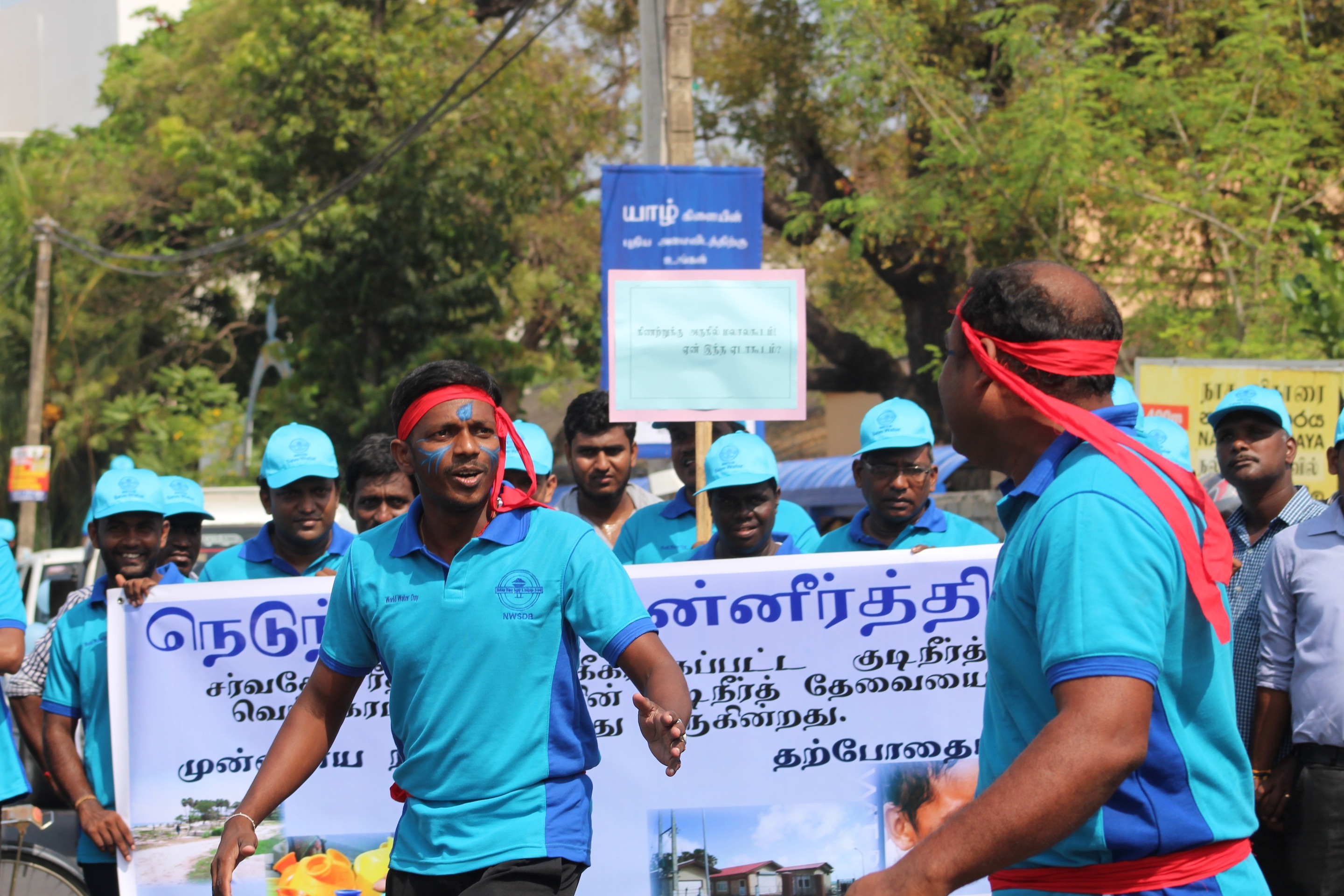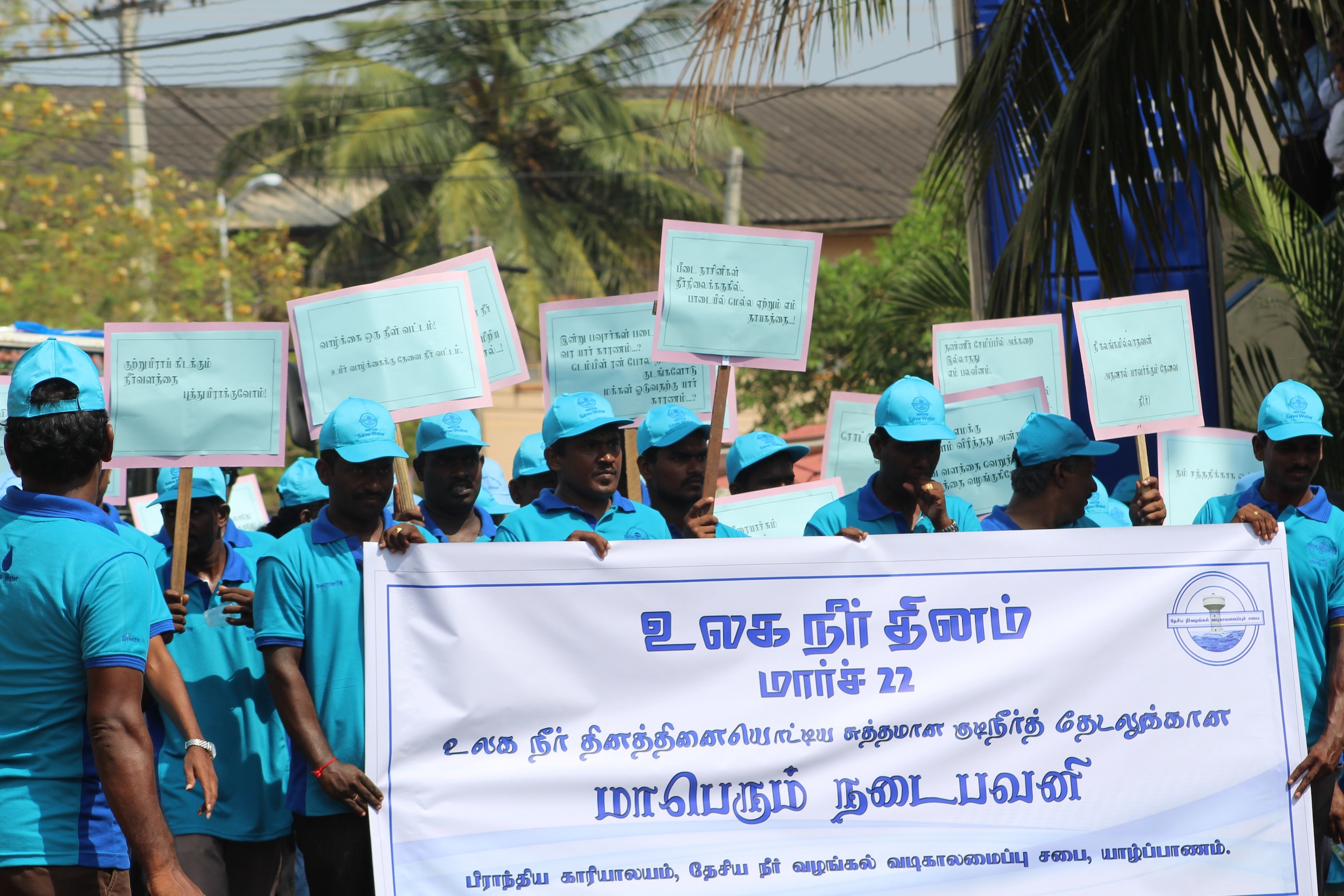The Sri Lankan government rejected a United Nations Special Rapporteur report on caste-based discrimination on the island, labelling it “incorrect, inaccurate and misleading”.
Speaking at the UN Human Rights Council, Sri Lanka said a report by the UN Special Rapporteur on Minority Issues was “inaccurate and completely misrepresentative of reality in respect of society and societal formation or structures in Sri Lanka”.
UN Special Rapporteur Ms Rita Izsak-Ndiaye's report earlier this year mentioned Sri Lanka in part of its global overview of caste-affect groups.
The Sri Lankan government though rejected its findings. “It is completely incorrect to state that people in Sri Lanka are under pressure to follow caste based employment,” said Sri Lanka.
“Untouchability, as stated in the report is not a feature one would find in Sri Lanka society at all,” the representative continued. “The term “Dalit” has no relevance whatsoever in the context of Sri Lanka There is no community or caste identified by such nomenclature in Sri Lanka.”
Sri Lanka also claimed Ms Izsak-Ndiaye said three different castes existed on the island – “Sinhala, Sri Lankan Tamil and Indian Tamil” - and slammed it as “completely erroneous”.
However, the Special Rapporteur had in fact stated in her report that each of the three communities operated “three parallel caste systems” and that “caste discrimination is found in each one”.



